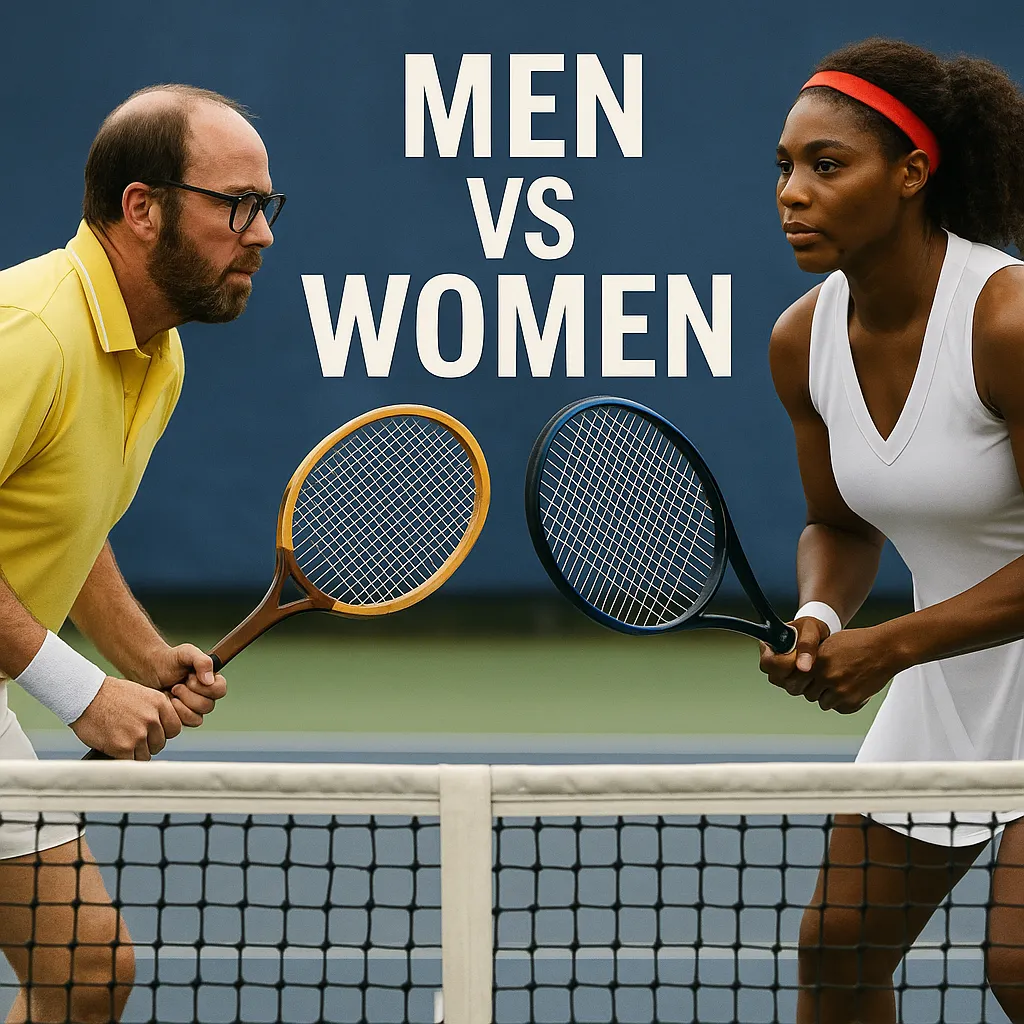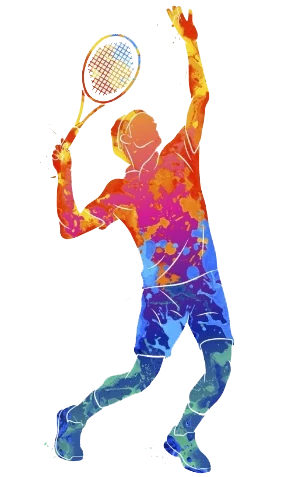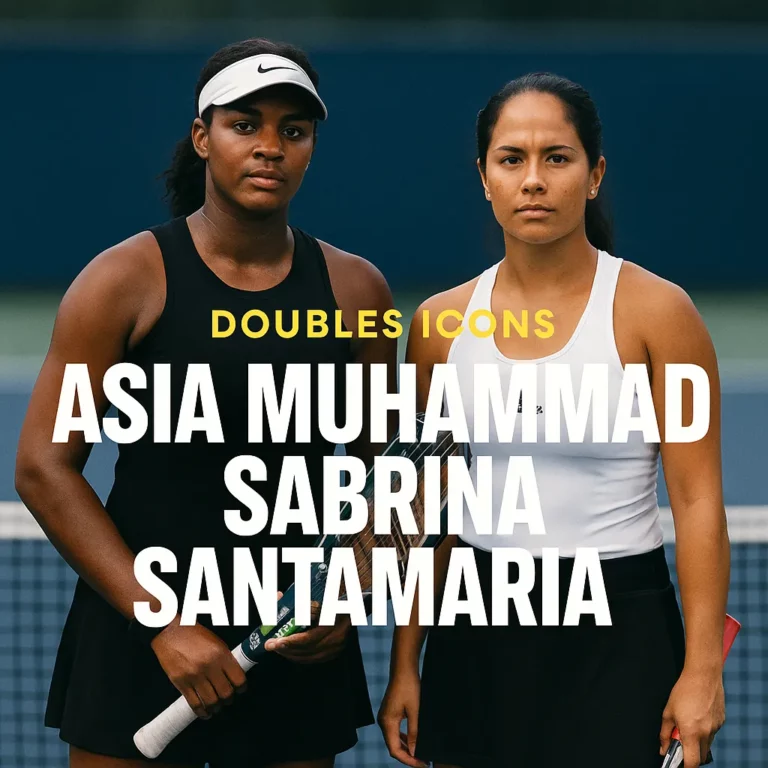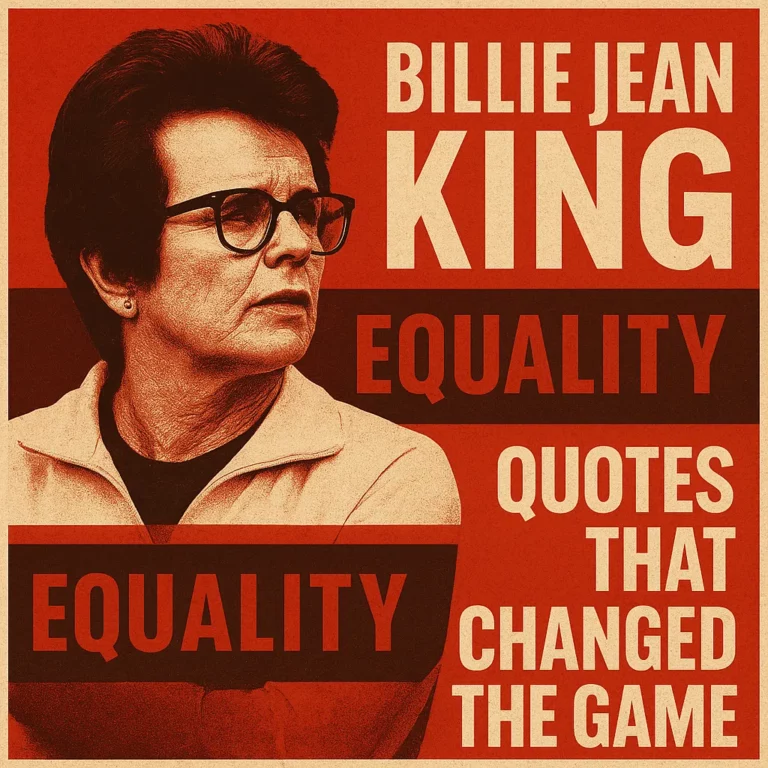Men vs Women in Tennis: Iconic Matches That Sparked Debate

Tennis has always been a game of power, precision, and rivalry. But when the conversation shifts to men vs women tennis, it’s no longer just about sport—it’s about history, equality, and public perception. This debate has gripped audiences for decades, especially during the most watched tennis match events that left lasting cultural footprints. From Billie Jean King to Serena Williams and Rennae Stubbs, the story isn’t just about who wins. It’s about what those matches represent.
The Battle of the Sexes: A Match That Changed Everything
The turning point in the men vs women tennis debate came in 1973. Billie Jean King took on Bobby Riggs in what became famously known as the “Battle of the Sexes.” Riggs, a retired male tennis champion at 55, publicly claimed that women’s tennis lacked the quality to match men’s, boasting he could beat any top female player.
King accepted the challenge—and beat him. With over 90 million people watching, this showdown became one of the most watched tennis match ever broadcast on television. But it wasn’t just a match. It was a spectacle, a protest, and a statement. King’s victory didn’t just shut Riggs up—it ignited a new wave of confidence among women in sports and society.
This one match turned King into more than an athlete. She became a symbol of progress, proving that women weren’t just capable—they were worthy of respect and equal recognition.
Two Icons, One Fight: Billie Jean King and Serena Williams
Fast forward a few decades, and Serena Williams carried that same torch. When it comes to the phrase billie jean king serena williams, you’re not just naming two champions—you’re linking two generations of advocates.
While King battled gender bias in the 1970s, Serena faced a modern version of the same challenge. When John McEnroe once said that Serena would be “ranked like 700” on the men’s circuit, she didn’t explode. She simply replied: “I play women’s tennis. I’m the best at it. Let’s not get confused.”
That calm confidence said it all. Both King and Serena didn’t waste time trying to cross into men’s matches to prove a point. They redefined what greatness looks like within women’s tennis, and their social impact extends far beyond the lines of a court.
Most Watched Tennis Match Moments Featuring Women
What defines a most watched tennis match? Sometimes it’s drama, sometimes it’s skill—but often, it’s symbolism. And when it comes to women’s matches, the world has tuned in.
Let’s break down some of the most iconic:
- 1973 Battle of the Sexes – King vs Riggs: Over 90 million viewers. A cultural reset.
- 2001 US Open Final – Serena vs Venus Williams: The first all-sister prime-time final on national US television.
- 2017 Australian Open Final – Serena vs Venus: Serena won her 23rd Grand Slam title, while in early pregnancy.
These moments weren’t just athletic milestones—they carried emotional weight. That’s why they’re remembered not just for the scoreline, but for what they stood for. They’re timeless examples of most watched tennis match ever events that reshaped public understanding of women in the sport.
How Media Shapes the Men vs Women Narrative
A lot of the men vs women tennis debate is kept alive by the media. Think about it—how often do you see articles or commentary obsessing over speed, strength, or serve stats between male and female players?
Yet this comparison misses the bigger picture. Men’s and women’s tennis follow different rhythms, require different strategies, and offer different kinds of entertainment. That doesn’t make one better. Just different.
Rennae Stubbs, a four-time Grand Slam doubles champion and one of the sport’s most respected voices, put it best: “We don’t compete against each other every week. We’re developing tennis in parallel.” It’s not about proving one side wrong. It’s about appreciating the game in all its forms.
Rennae Stubbs: A Young Player Turned Powerful Voice
Speaking of Rennae Stubbs—search rennae stubbs young, and you’ll see photos of a fierce doubles competitor. But her legacy goes well beyond the baseline.
After retiring from pro play, Stubbs became a commentator, coach (including for Serena Williams), and outspoken advocate for equality. Her takes on ESPN and in tennis podcasts aren’t just opinion—they’re insight. Stubbs believes gender shouldn’t be a battleground. It should be a context for mutual respect.
Her career is proof that the influence of women in tennis isn’t limited to on-court action. It thrives in commentary booths, coaching boxes, and media forums.
Reimagining Tennis: What If We Played Together?
Here’s where things get interesting. While the debate rages on, formats like World TeamTennis and the United Cup have quietly flipped the script. These leagues field mixed-gender teams—men and women compete together, not against each other, but for one another.
That’s not just a gimmick. It’s strategy. In World TeamTennis, for instance, each team competes in men’s singles, women’s singles, doubles, and mixed doubles. Every match matters equally. The score doesn’t reset. And the final result depends on collective performance.
This kind of format doesn’t ask “who’s stronger?” It asks, “how do we win together?” That changes everything. It’s not men vs women—it’s men with women.
Why This Debate Still Won’t Die
Despite all this progress, every few months someone asks: “Could a top female player beat a male pro?” The debate refuses to go away.
But maybe that’s not a bad thing.
The fact that we still ask these questions shows how much gender remains a pressure point in sports—and in culture. But the answer is evolving. Female players are breaking records, drawing massive viewerships, and building empires around their names.
The best proof? Look at the most watched tennis match ever lists. Women are right there at the top.
Final Set: From Rivalry to Recognition
Let’s get real—men vs women tennis is no longer just a question of ability. It’s a reflection of what audiences value, what media amplifies, and what the sport itself chooses to highlight.
And here’s what we’ve learned: Billie Jean King, Serena Williams, Rennae Stubbs—they don’t need to beat men to matter. They’ve already changed the game by playing their own.
Whether it’s a historic showdown or a sibling rivalry played out under stadium lights, tennis is at its most powerful when it tells human stories—not just athletic ones. So maybe it’s time to stop asking who would win and start asking what we can learn.






